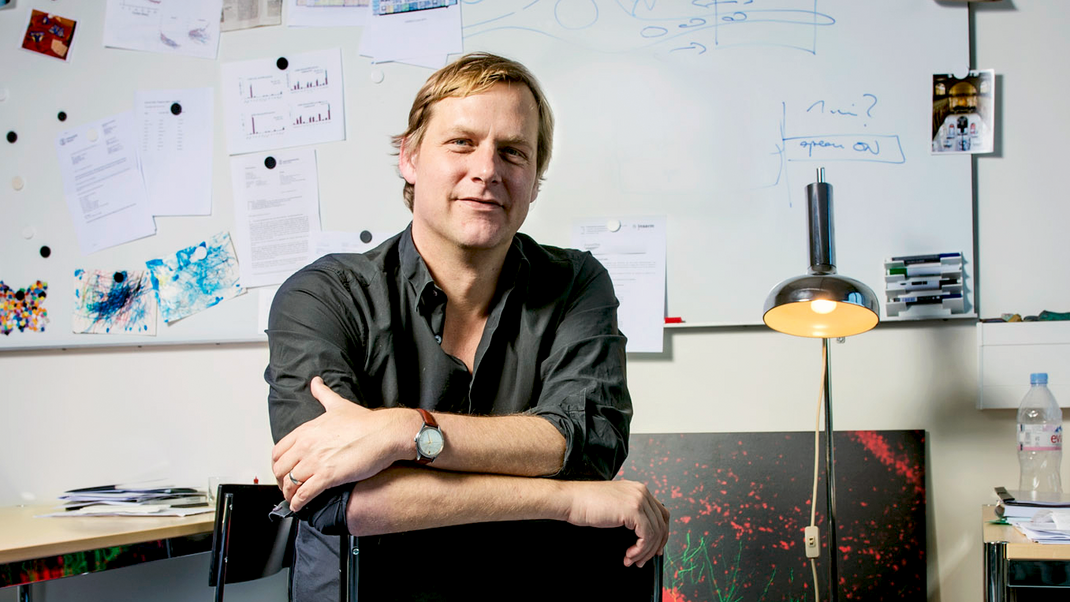The Institute of Brain Research at the University of Zurich is dedicated to uncovering the fundamental causes of neurological diseases. Its wide-ranging scientific work has now been made possible thanks to a generous bequest. The donor, wishing to continue supporting a cause close to her heart beyond her lifetime, has left a legacy that will strengthen brain research for years to come.
A bequest is more than a provision in a will. It is a conscious decision to pass on the values, convictions, and personal concerns that mattered most in life. The University of Zurich (UZH) can also be included in such a legacy. By naming UZH in a will, donors can specifically support the areas that have shaped their own lives – whether by advancing a particular field of study, opening opportunities for young people to pursue an academic education, or strengthening science as a whole. A legacy to the university sends a clear message and ensures that personal beliefs live on.
Last year, the Institute of Brain Research received an exceptionally generous bequest. Spread over ten years, this donation will fund numerous neurobiology projects – for example, research into how stress symptoms may be transmitted through epigenetic changes. It will also enable new perspectives on memory, cognition, and neural conditions such as autism.
A Legacy with Impact
“We are deeply grateful for this bequest,” says Professor Sebastian Jessberger, Director of the Institute of Brain Research. “At the same time, we feel a strong responsibility to honor the donor’s wishes in how the funds are used.” Jessberger’s own research focuses on how stem cells enable the lifelong regeneration of neurons – a process that, when impaired, may play a role in Alzheimer’s disease.
The diversity of projects supported by this legacy not only reflects the breadth of the institute’s work but also demonstrates the vast potential that still exists in brain research. “The bequest was intended to advance our understanding of the brain’s fundamental mechanisms,” Jessberger explains. “Each project contributes to this overarching goal.” This knowledge will not only deepen insights into neurological disorders but also lay the groundwork for new therapeutic approaches.
Flexibility and innovation are essential to exploring broad research fields such as neuroscience and achieving real breakthroughs. Bequests play a vital role here: they provide the resources to pursue pioneering research ideas that are often difficult to fund through traditional channels. As an additional source of support, they make a lasting contribution to fundamental research.
The University of Zurich is committed to ensuring that bequests are used responsibly and with long-term impact.



